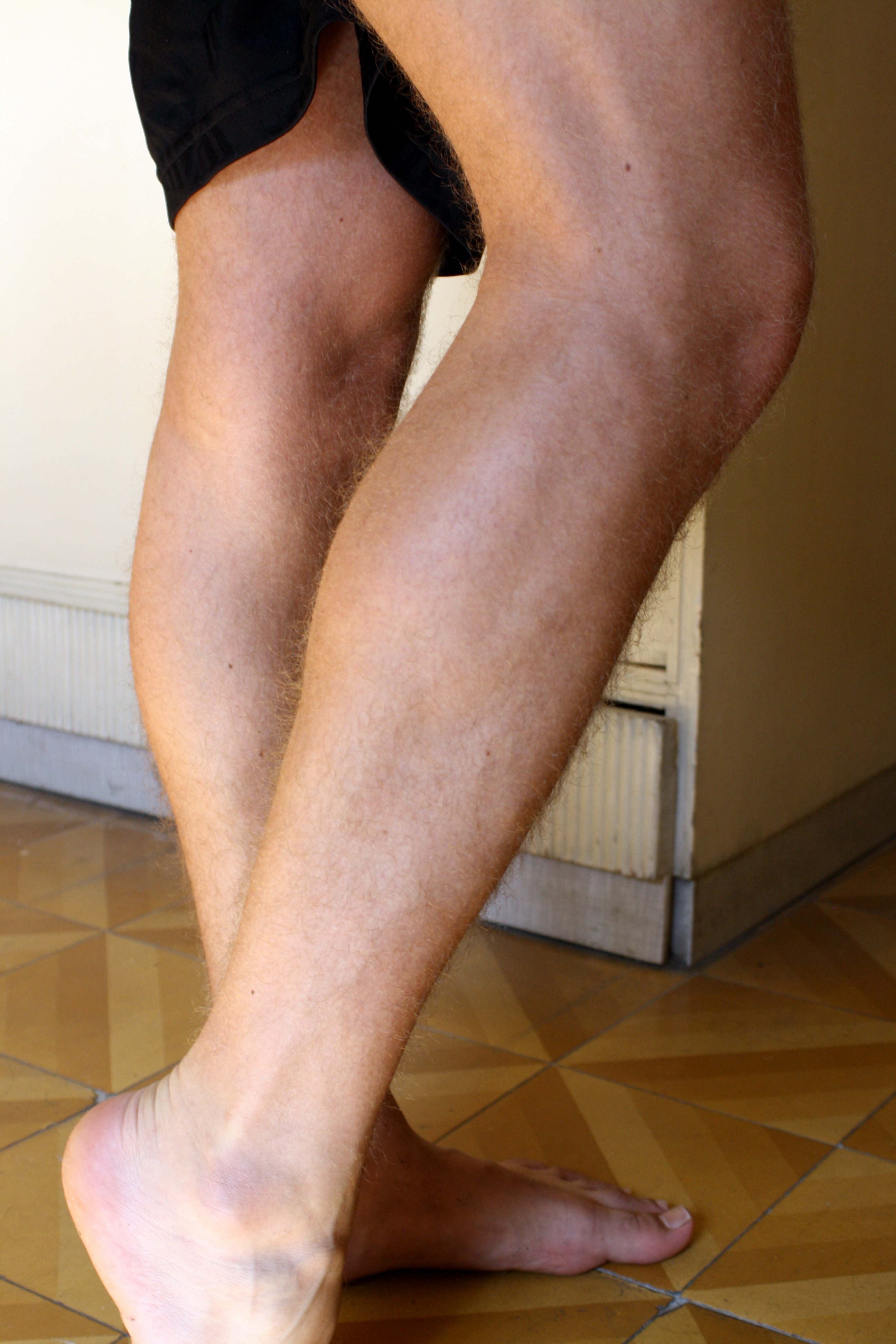
Whether it’s a steamy bowl of udon, crunchy chips and guac, or a juicy burger, sometimes there’s nothing more satisfying than getting your salty food fix. But indulging in sodium-heavy meals can take a toll on your weight and how your clothes fit. “When you eat salt, it draws fluid out of your arteries, veins, and capillaries, and sends it into your tissues, causing you to retain water,” says Adrienne Youdim, M.D., author of The Clinician’s Guide to the Treatment of Obesity.
As a result, you might notice puffiness in your hands, fingers, face, and stomach. But it’s ultimately your lower legs that bear the brunt of the water weight. “Gravity pulls the retained fluid downward, so that it pools in your feet, ankles, and calves,” Youdim says.
If you notice your stems swelling, the trigger might be as obvious as a soy sauce hangover. But other times subtler habits kick off the cankle effect.
We break down the reasons why your calves are blimping out and what to do about it.
The more often you eat out instead of cooking at home, the likelier you are to puff up, says Youdim. “The average restaurant meal contains approximately 2,300 milligrams of sodium, she says. That equals the FDA’s recommended daily limit–about a teaspoon of table salt–in a single meal. Yikes!
Because the human body is a wonderful thing, drinking tons of water or sipping a diuretic like coffee or tea won’t quell the swell. You just have to wait it out. “It will take your kidneys 24 to 48 hours to process a salty meal, depending on how much sodium you consumed,” Youdim says.
The average American consumes 3,400 milligrams of sodium a day, and more than 75 percent of the sodium in our diet comes from processed foods, according to the American Heart Association. So if you aren’t sprinkling extra table salt on your food, chances are sodium is hiding in the processed foods you eat every day, including seemingly healthy food such as salad dressing andcanned soup, says Youdim.
To prevent salt overload, start making your own salad dressings and soups from scratch to control how much salt you’re eating. You can also take a look at the nutrition labels of your go-to packaged foods to pinpoint the ones with 650 mg of salt or more and eliminate them from you diet, says Youdim.
“The more static you are, the more fluid collects in your legs,” Youdim says. “People with sedentary desk jobs should set a timer to stretch and walk around every hour or two to improve blood flow.” And remember to take regular breaks if you’re on a long car ride.
If your day job doesn’t allow you to pop a squat, that can also lead to liquid build up south of the border.
Youdim suggests throwing on a pair of compression stockings to help your circulatory system push blood back up your body. Another easy way to beat leg bloat is by periodically elevating your tootsies even just slightly, like by placing a stool under your desk at work, she says.
Aside from the fact that you’re crammed into a narrow seat and not moving around much, “changes in cabin pressure can push more fluid from your arteries and veins into your tissue,” Youdim says. Your plan of attack: Stroll up and down the aisle whenever you can. The more you move, the faster your heart will pump and the harder your vascular system and leg muscles will contract.
Swollen stems can also be a symptom of a more serious condition called deep vein thrombosis. This is the formation of a blood clot in one of your body’s deep veins, says Youdim. If the clot breaks loose it can block blood flow to your lungs, resulting in a potentially fatal pulmonary embolism. “Usually this results in asymmetric leg swelling, but not always,” she says. Sitting too much, recent surgeries, smoking, and certain medications, like birth control, can put you at risk for a blood clot.
Another medical issue that can cause swollen legs is heart disease. When the pumping mechanism of your heart is not functioning at 100 percent, it causes liquid to gather in your legs. “In people with circulatory issues the veins are not as elastic as they should be, so they aren’t pumping blood back to the heart quickly enough,” Youdim says.
If you think you might have one of these medical issues, see your doctor for a diagnosis and treatment.

